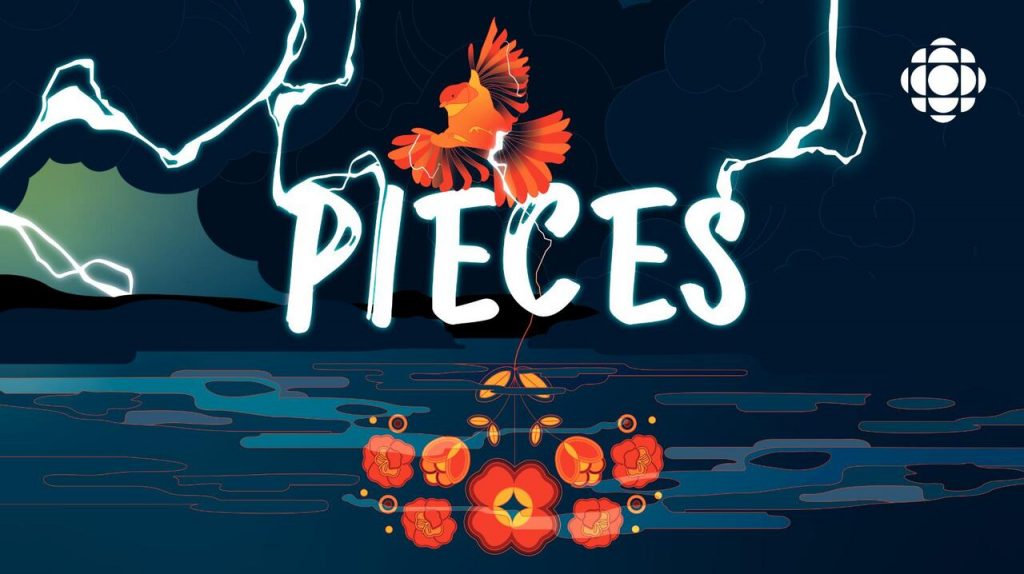Before we can explore Identity, we need to learn about how Identity was taken, stolen, and lost. As part of my professional development this year in school I wanted to find a way to connect with my students in a way that would be engaging for them but also authentic to Indigenous culture and tradition while at the same time amplifying Indigenous voices. I came across a Graphic Novel called This Place which explores the last 150 years of Canadian History retold by Indigenous writers and comics artists.
There are 10 stories throughout the novel, each one telling the story of the true, painful history that Canada has been so quick to hide and silence. The stories talk about Residential Schools, The 60’s scoop, land and water rights and highlights Indigenous people throughout history. It’s been one of the most incredible novels I have read to my class.
Watch below for the Book Trailer or Click HERE to read an excerpt.


